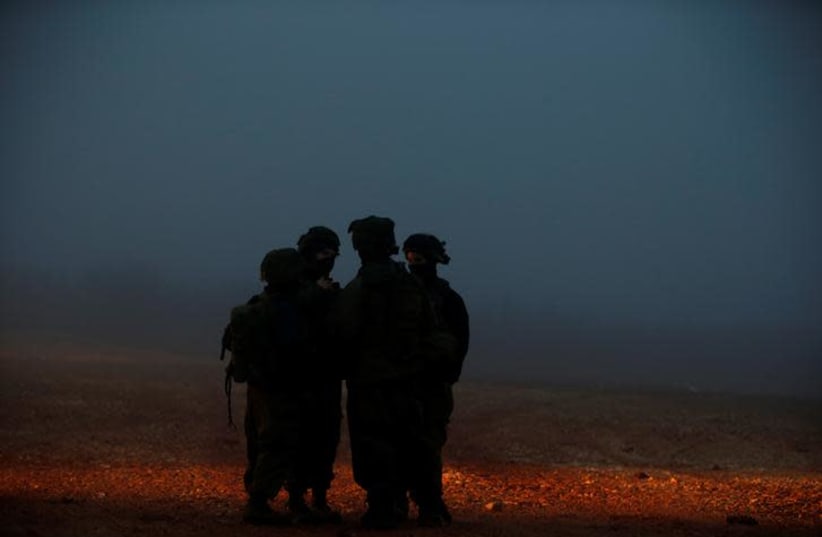IDF raises 'Gates of Fire' battalion to protect North from Hezbollah
According to the military, the battalion, which was given the number 9300, is made up of reservists who were recently released from the Golani Brigade’s elite reconnaissance battalion.
